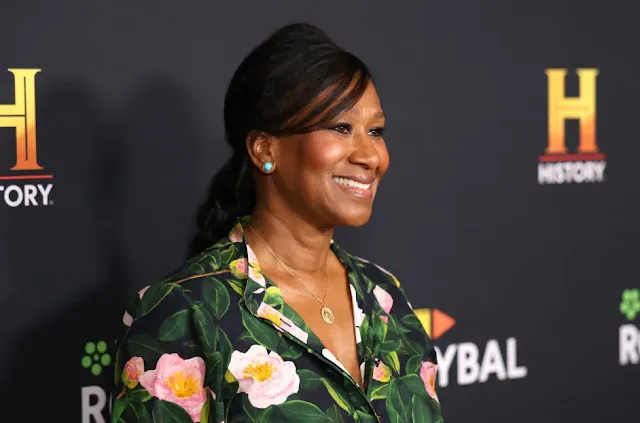The Healing Power of Music: How It Connects Mind, Body, and Soul
The music industry has a unique opportunity to amplify the healing and strengthening powers of music, especially when we recognize its profound impact on mental, physical, and spiritual health. As we observe World Mental Health Day (Oct. 10), it's clear that many are still on a personal journey toward happiness and mental well-being. However, the key to real happiness might lie in something many of us take for granted: music.
From personal experience, I’ve learned that true happiness requires a balance of mind, body, and soul. And the one thing that connects all three is music.
Growing up surrounded by music, I witnessed its incredible power firsthand. My father, Clarence Avant, was instrumental in bringing artists like Bill Withers, The S.O.S. Band, and Alexander O'Neal to the world. He managed legends such as Jimmy Smith, Dinah Washington, and Lalo Schifrin. Even in the later stages of his life, music brought him peace during his most difficult moments, whether they were physical, mental, or spiritual. After my mother's passing, I watched as my father found solace in the melodies of the American Songbook, using music as a means to connect with happier memories.
I also witnessed music’s power during a moment of crisis. After my father suffered a stroke, he was filled with fear and confusion. In an effort to comfort him, I played Frank Sinatra’s “Bewitched” on my phone, and immediately, he calmed down. Though he couldn’t speak, he began to move his head and feet to the beat of one of his favorite songs, showing me once again how music can bridge the gap between mind, body, and soul.
The therapeutic benefits of music are well-documented. Music therapy has been shown to help people reconnect with their memories, loved ones, and the present moment. A 2022 study even found that listening to music is strongly associated with reducing negative emotions like anxiety and restlessness while increasing feelings of happiness.
Beyond individual well-being, music has the power to foster empathy and understanding on a global scale. Through songs like U2’s “Sunday Bloody Sunday” and Sade’s “Pearls,” I learned about struggles and injustices around the world. Music can transcend language barriers, as we’ve seen with international audiences singing along to the hits of Michael Jackson, Bruce Springsteen, BTS, and Andrea Bocelli. Music has a way of uniting people, creating bonds that can stretch across the world.
Music’s healing power extends even to those suffering from debilitating conditions like Alzheimer’s disease. Both Tony Bennett and Glen Campbell continued performing well into their final years, remembering lyrics long after losing other memories. The connection between music and memory is a powerful one, allowing people to hold onto parts of themselves even in the face of illness.
The music industry is beginning to recognize the science behind these healing powers. In 2021, Universal Music Group partnered with MedRhythms, a digital therapeutics company, to use music to help restore function lost to neurological disease or injury. This partnership highlights the potential for music to not only entertain but to heal.
Music has helped me navigate my own grief and challenges. From Adele’s powerful “Rolling in the Deep” to George Michael’s Listen Without Prejudice album and Bill Withers’ Still Bill, these songs have given me comfort, strength, and a sense of identity. They remind me of the people I love and the hardships I’ve overcome.
While music alone may not hold all the answers to life’s challenges, it’s certainly a powerful tool on the journey to mental, physical, and spiritual well-being. The answers we seek might just be in our playlists.







0 Commentaires